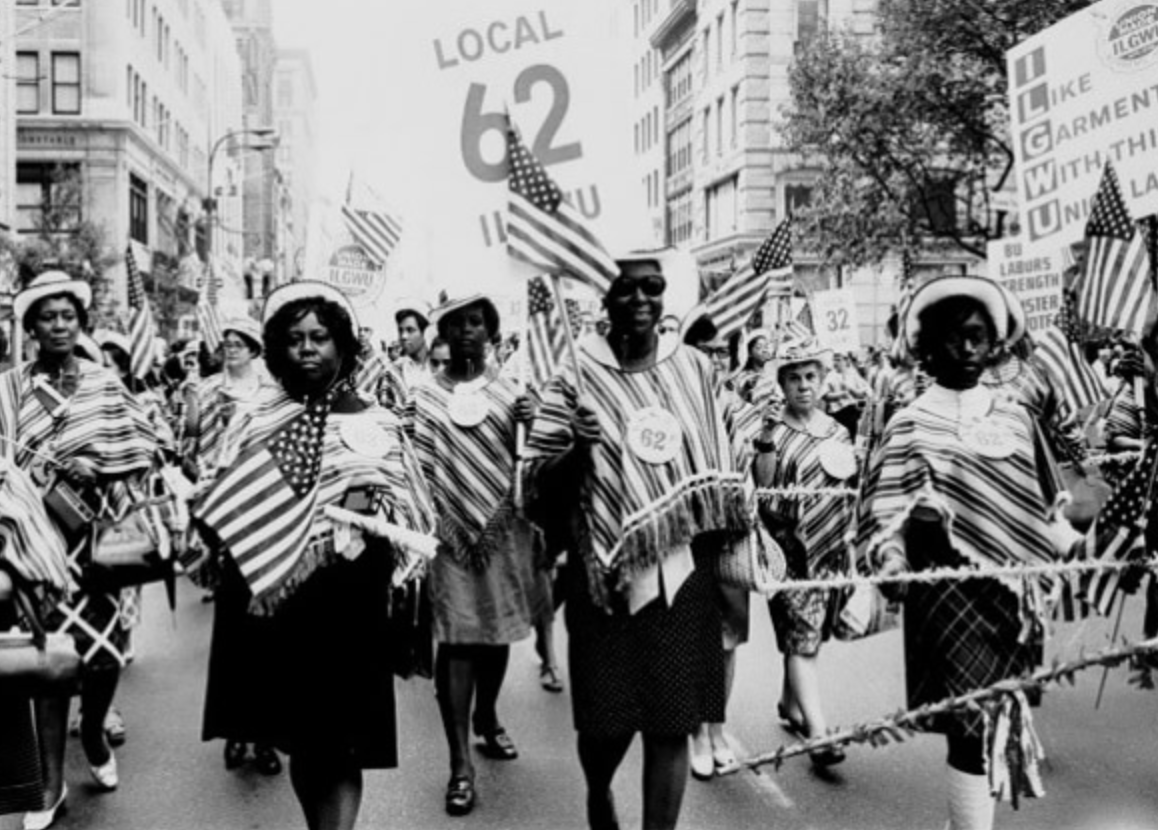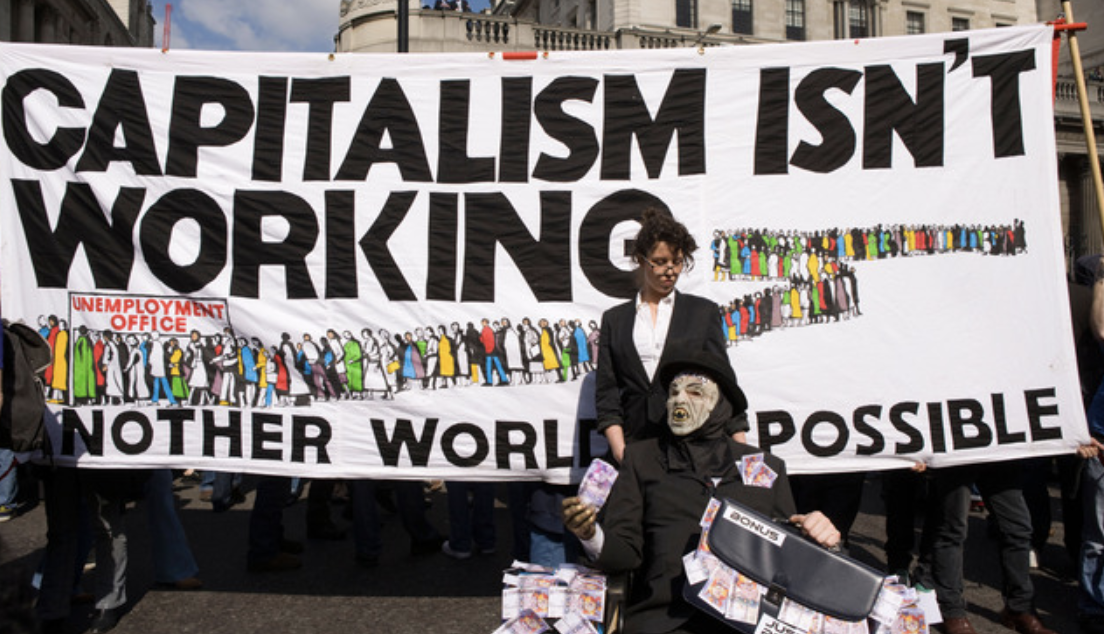Happy Labor Day!
Hopefully you have the day off to rest and spend time with family. As I sit here drinking my coffee enjoying a slow morning away from work it dawned on me that I really don't know the history of Labor Day.
The History of Labor Day Every September, Americans celebrate Labor Day with parades, barbecues, and one last taste of summer before fall kicks in, but behind the long weekend is a story of struggle, progress, and recognition for the working people who built the nation.
The origins of Labor Day date back to the late 19th century, a time when the United States was undergoing rapid industrialization. Factories, railroads, and mines were booming, but so were the harsh conditions workers endured. Twelve-hour shifts, six-day workweeks, unsafe workplaces, and child labor were the norm. As workers organized to demand better wages and fair treatment, the labor movement grew stronger. Unions began to rally for shorter workdays and safer conditions, leading to marches, strikes, and nationwide demonstrations.
The very first Labor Day celebration took place on September 5, 1882, in New York City. Organized by the Central Labor Union, thousands of workers took unpaid leave to march from City Hall to Union Square, carrying banners that called for “Eight hours for work, eight hours for rest, eight hours for recreation.” The march was followed by a picnic, speeches, and a sense of solidarity that would inspire similar events across the country.
The idea of honoring workers with a dedicated holiday spread quickly. By 1894, more than half of U.S. states had adopted Labor Day. That same year, after the Pullman Strike a nationwide railroad strike that turned deadly when federal troops intervened. It was at this point that congress officially declared Labor Day a national holiday, to be observed on the first Monday in September.
Over the years, Labor Day has evolved. For many, it marks the unofficial end of summer, complete with backyard barbecues, retail sales, and football season kickoffs. But at its core, Labor Day is a tribute to the contributions of workers past and present who power the nation’s economy and fight for fair treatment in the workplace. Let's not forget the roots of this holiday because yes the workplace looks different today, but some of the old battles feel familiar. We still see companies putting profit above people, whether it’s warehouse workers pushed to physical limits, gig workers treated as “contractors” to dodge benefits, or white-collar employees burned out by the always on digital grind. Yes, we have weekends, minimum wage, and overtime laws, but corporations constantly find new ways to squeeze workers. Record profits keep rising at the top while wages stagnate for the rest. The fight for dignity in work which is the the very spirit of Labor Day isn’t over.


